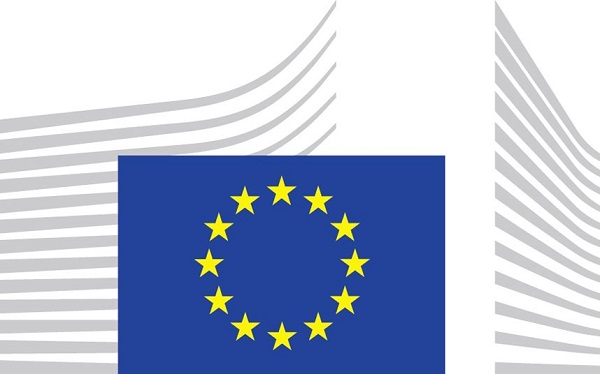
The European Commission has published details of its “Digital Portfolio for Entrepreneurs” which contains proposed measures it said are expected to save up to €5 billion in administrative costs by 2029.
Officially presented on Wednesday 19 November 2025, the commission said proposals will simplify European digital rules and boost innovation, which could allow businesses to achieve a further €150 billion in annual savings.
The commission said: “Thanks to the digital package presented today, European businesses will spend less time on administrative work and compliance and more time on innovation and expansion.”
According to the commission, the package of measures is described as a digital “omnibus” which simplifies the rules relating to artificial intelligence (AI), cybersecurity and data. It is complemented by a strategy for a Data Union aimed at unlocking high-quality data for AI and by European business portfolios that will provide companies with a single digital identity, simplifying administrative procedures and significantly easing business operations across all EU Member States.
The package puts forward three proposed measures:
1. Simplification Package in the Digital Field (“Omnibus”)
Innovation-friendly rules for AI: The Commission proposes linking the entry into application of rules governing high-risk AI systems to the availability of support tools, including the necessary standards. In other words, the deadline for implementing the high-risk rules is extended by up to sixteen months so that the rules begin to apply only once the Commission confirms that the required standards and support tools are available, giving businesses the support they need.
Simplifying cybersecurity reporting: The omnibus also introduces a single point of entry for all incident reporting obligations. Currently, companies must report cybersecurity incidents under several pieces of legislation, including the NIS2 Directive, the General Data Protection Regulation (GDPR) and the Digital Operational Resilience Act (DORA). The unified interface will be developed with strong security safeguards and will undergo comprehensive testing to guarantee its reliability and effectiveness.
A privacy framework that fosters innovation: To stimulate innovation and support compliance, targeted amendments will be made to the GDPR with the aim of harmonising, clarifying and simplifying certain rules. The new framework will promote innovation and support organisations in meeting their obligations, while preserving the core of the GDPR and ensuring the highest level of protection for personal data.
Modernising cookie rules to improve the online user experience: The amendments proposed today will reduce the number of cookie banner pop-ups and will allow users to give their consent in a single click and save their preferences using central preference settings in browsers and operating systems.
Improving access to data: The digital package also aims to enhance access to data as a key driver of innovation. It simplifies data rules by, among other things, consolidating European data legislation through the Data Act, merging four legislative acts into one for greater legal clarity. Targeted exemptions will be introduced to some of the Data Act’s rules on switching cloud providers for SMEs, resulting in one-off savings of around €1.5 billion.
New guidance on compliance with the Data Act is proposed, including standard contractual clauses for data access and use, as well as standard contractual clauses for cloud computing contracts. In addition, European AI companies will benefit from access to new high-quality datasets for AI, thereby strengthening the overall innovation potential of businesses across the EU.
2. Strategy for a Data Union
The new strategy for a Data Union sets out further measures to unlock more high-quality data for AI by expanding access. It establishes a legal helpdesk to complement other measures supporting the implementation of the Data Act. It also reinforces Europe’s data sovereignty through a strategic approach to international data policy: a toolbox to counter data leakage, measures to protect sensitive non-personal data and guidelines for assessing fair processing of EU data abroad.
3. Digital Portfolio for Entrepreneurs
This proposal will provide European businesses and public sector bodies with a unified digital tool, enabling them to digitalise operations and interactions that today often still need to be carried out in person. Companies will be able to: digitally sign, timestamp and seal documents; create, store and securely exchange verified documents; and communicate securely with other businesses or public authorities in their own Member State and in the other 26. If widely adopted, digital portfolios for entrepreneurs will allow European companies to streamline processes and reduce administrative costs, potentially generating up to €150 billion in savings each year.









